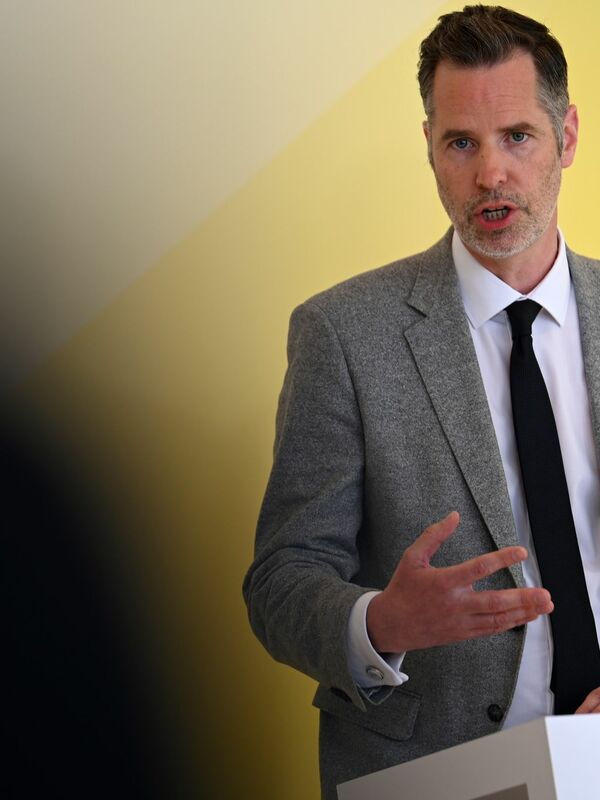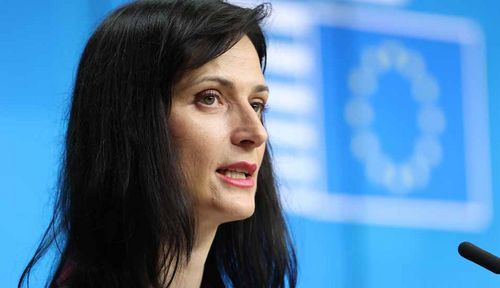The European Union has moved away from its plan to flatly deny some non-EU countries access to European research on quantum computers and space projects. Third countries such as Great Britain, Switzerland and Israel can now in principle participate in such projects. As Science magazine reported, the European Union announced on Wednesday 21 new corresponding calls for proposals for the €95.5 billion research program Horizon Europe.
Initial applications have been submitted via Horizon to the European Research Council (ERC) since February. For the majority of the budget, which is set to flow into subject areas such as quantum technologies or space research, no applications have yet been possible – due to months of wrangling over the participation of third countries.
According to the report, in the future, the EU will seek special “assurances” from third countries that they will participate in sensitive and strategically important research branches in order to protect their interests. The EU Commission wants to work out the details in the coming months, and the relevant tenders are expected to open in October. Government representatives from the third countries concerned question whether the delay will achieve the desired compromise between openness and security.
The ‘Horizon’ deal is still negotiable for most third countries – Switzerland is currently excluded
Several EU member states, led by Germany, would have prevented complete exclusion. Rationale: “Linked” countries that pay for full access to EU research programs should be included. The UK reached such an agreement last year.
According to the report, a total of 16 countries have partnership agreements for “Horizon 2020”, including Switzerland, Israel, Norway, Tunisia, Turkey, North Macedonia and Ukraine. With the exception of Great Britain, everyone will have to sign a new contract to participate in “Horizon Europe”. However, the terms of accession are different and some countries are more or less guaranteed to accept it. On the other hand, for Switzerland, which last month broke off protracted negotiations on a far-reaching treaty with Europe without any result, a union is out of the question for the time being.
The invitations announced in the fall should also be open to those countries already negotiating an assembly, since the conclusion in time is not certain. Researchers in non-partner countries such as the USA, who can normally participate in Horizon Europe projects at their own expense, will remain excluded from restricted calls for proposals.

“Communicator. Entrepreneur. Introvert. Passionate problem solver. Organizer. Social media ninja.”





More Stories
Great Britain wants to immediately deport asylum seekers without valid documents to Rwanda in the future.
Great Britain wants to increase defense spending to 2.5 percent of GDP
SWR and School of the Future / Journalist Frank Seibert looks for new school models in Dresden, Winnipeg (Canada) and Essen